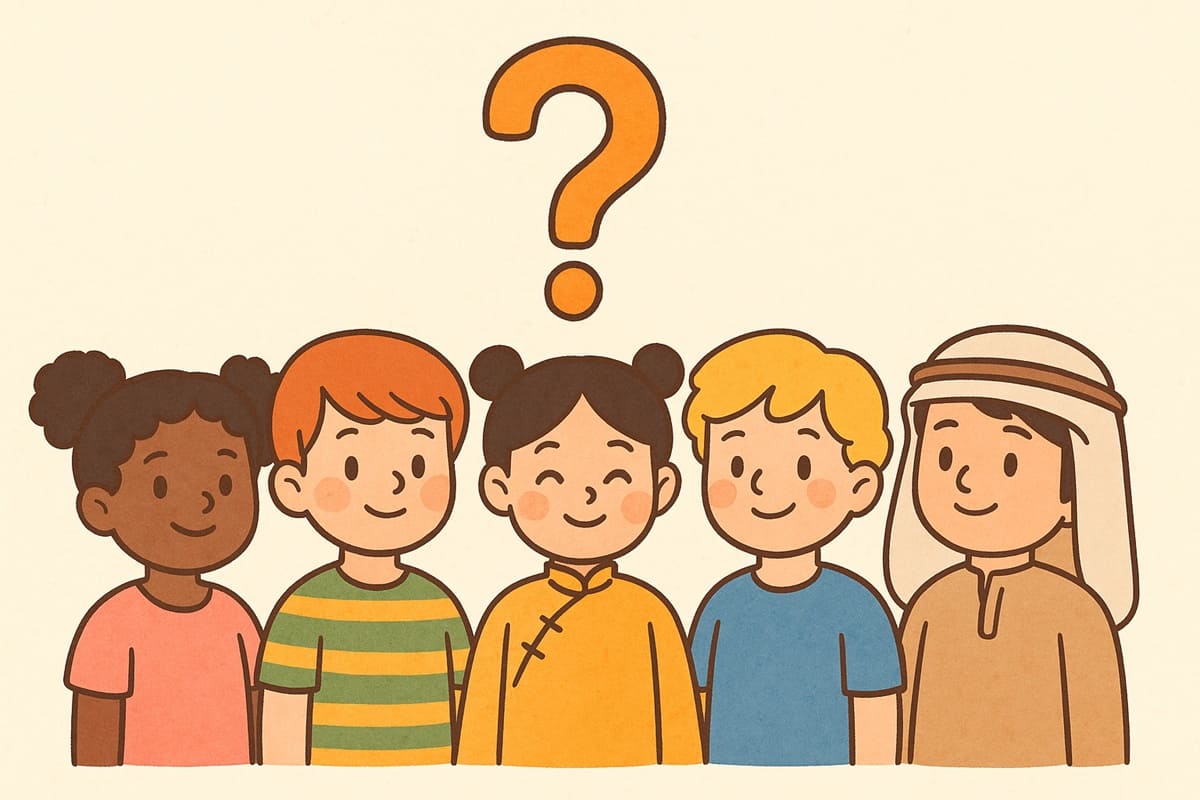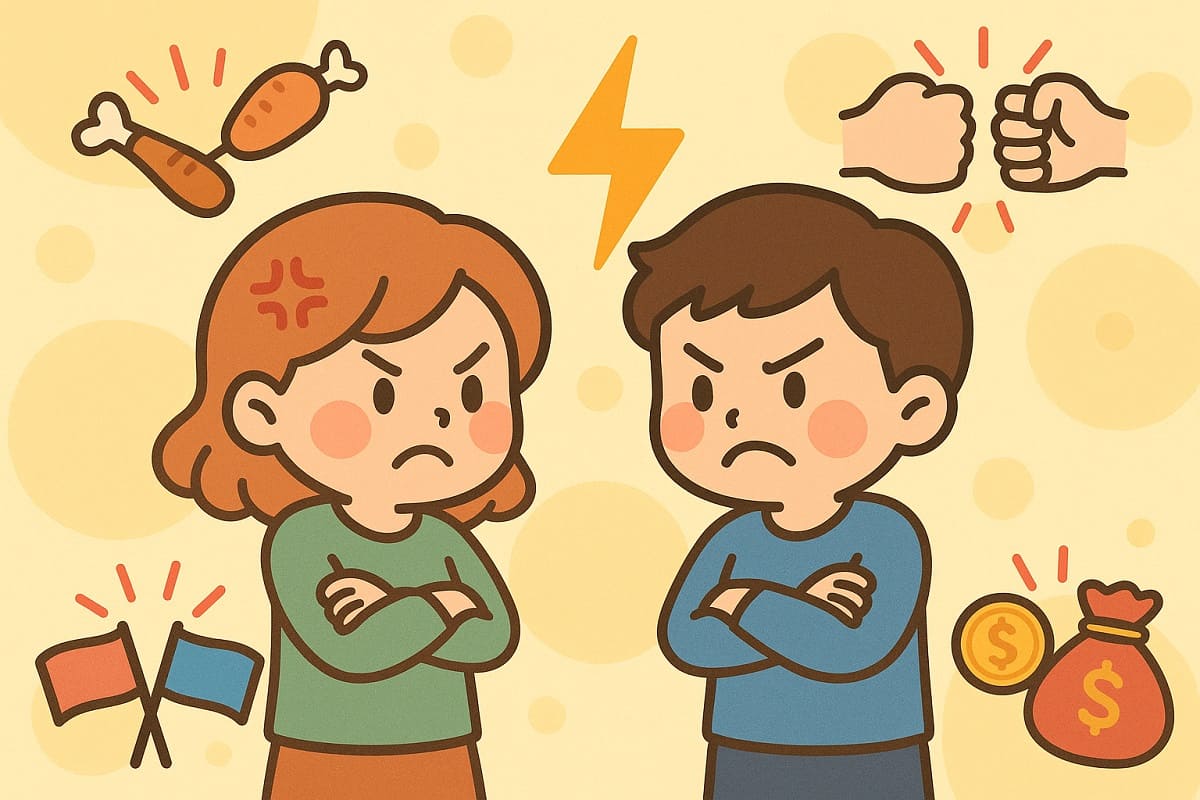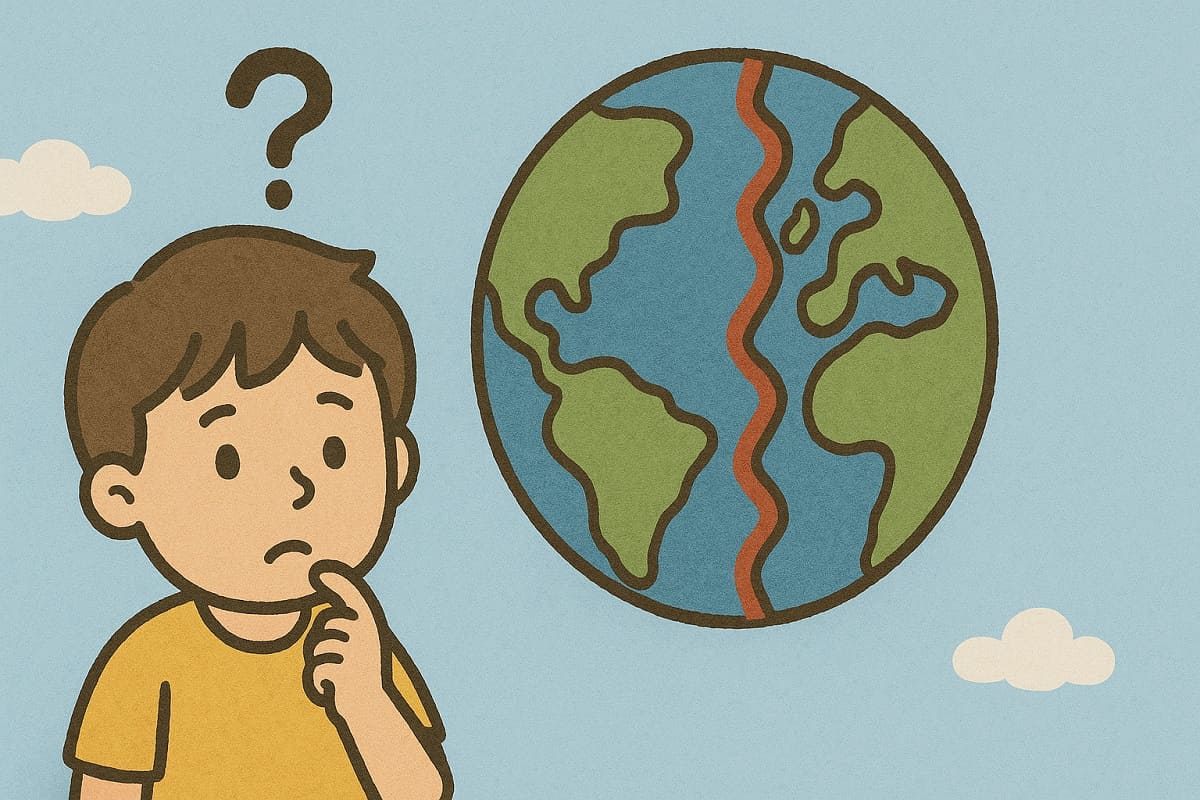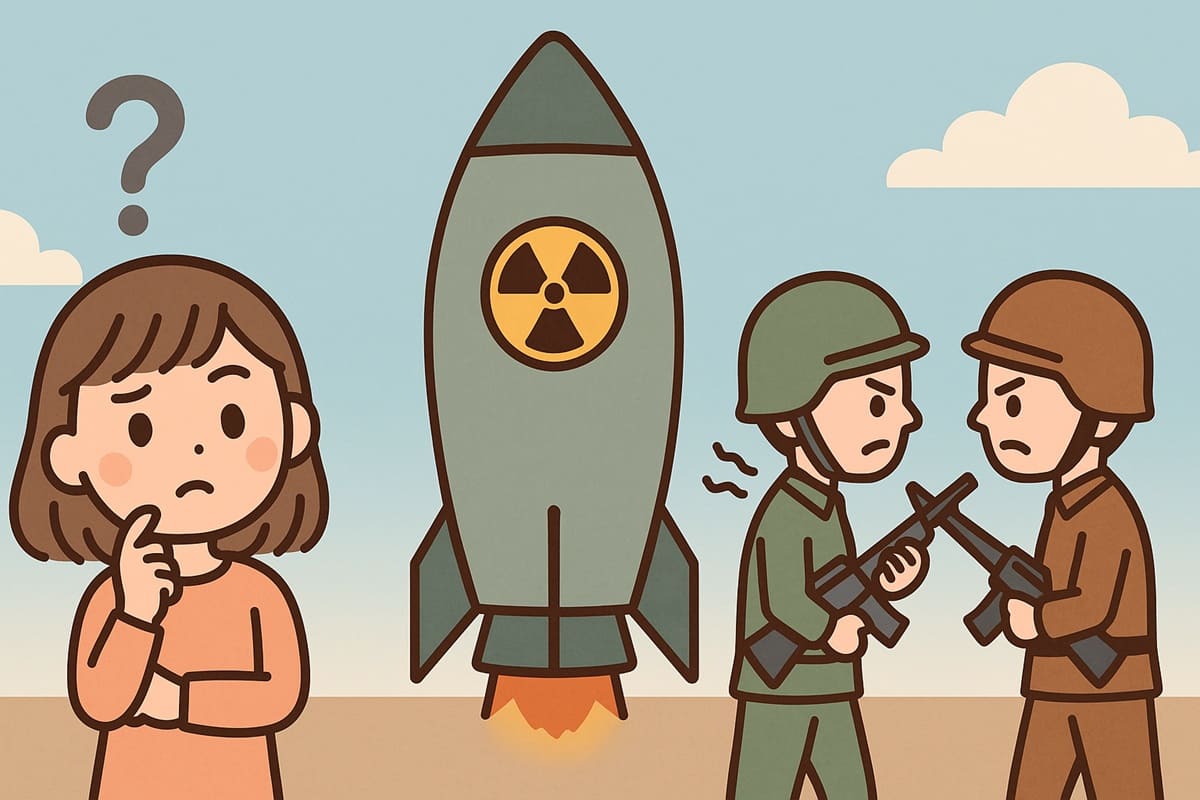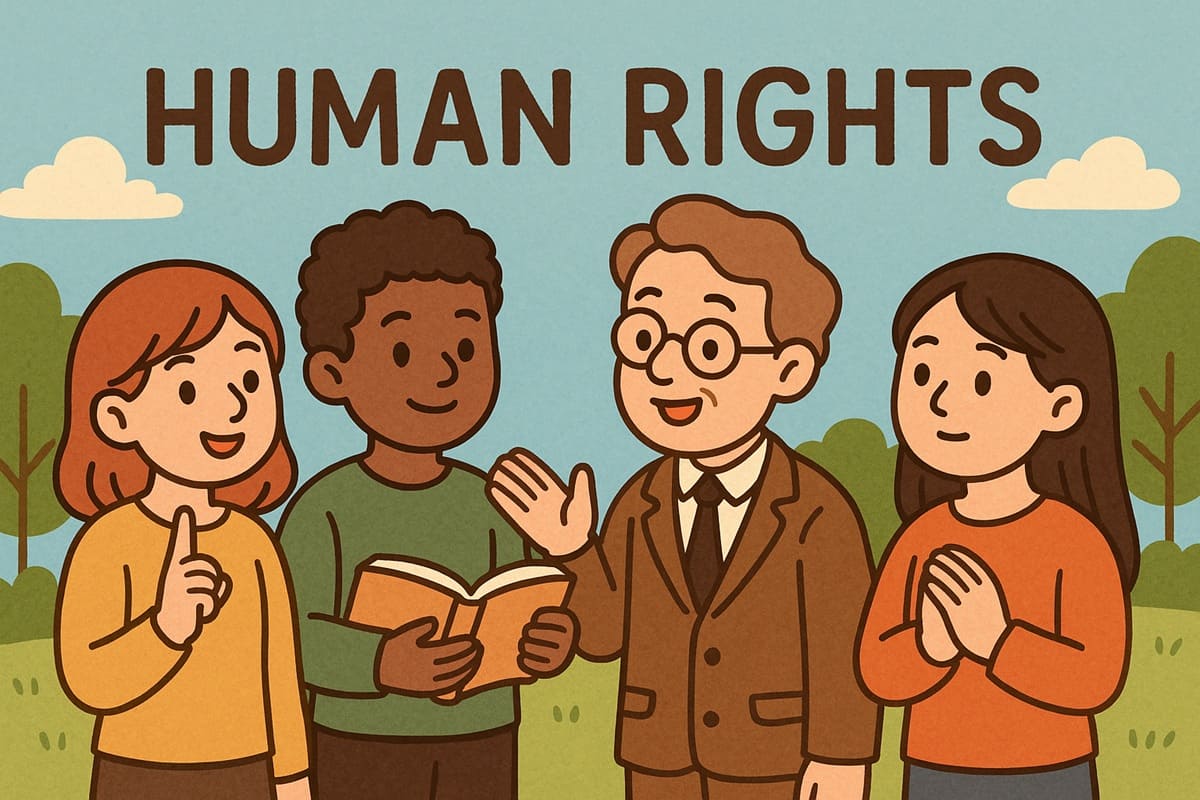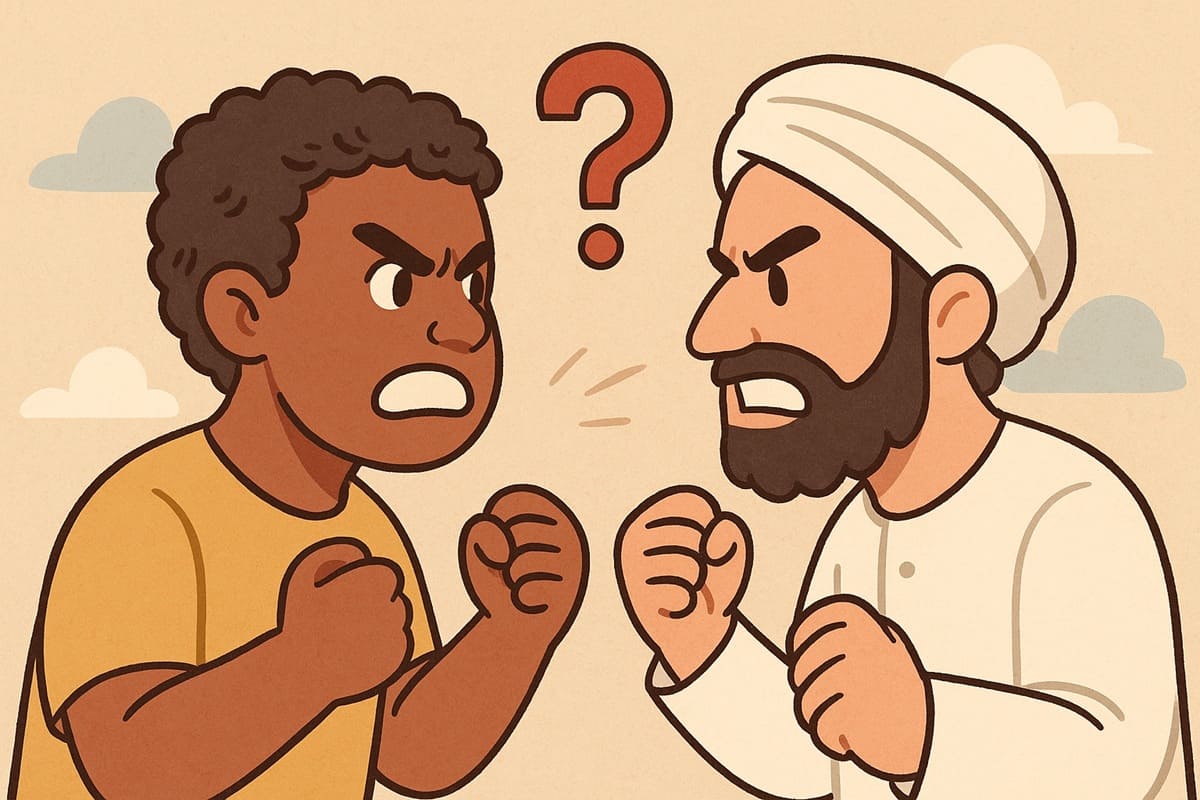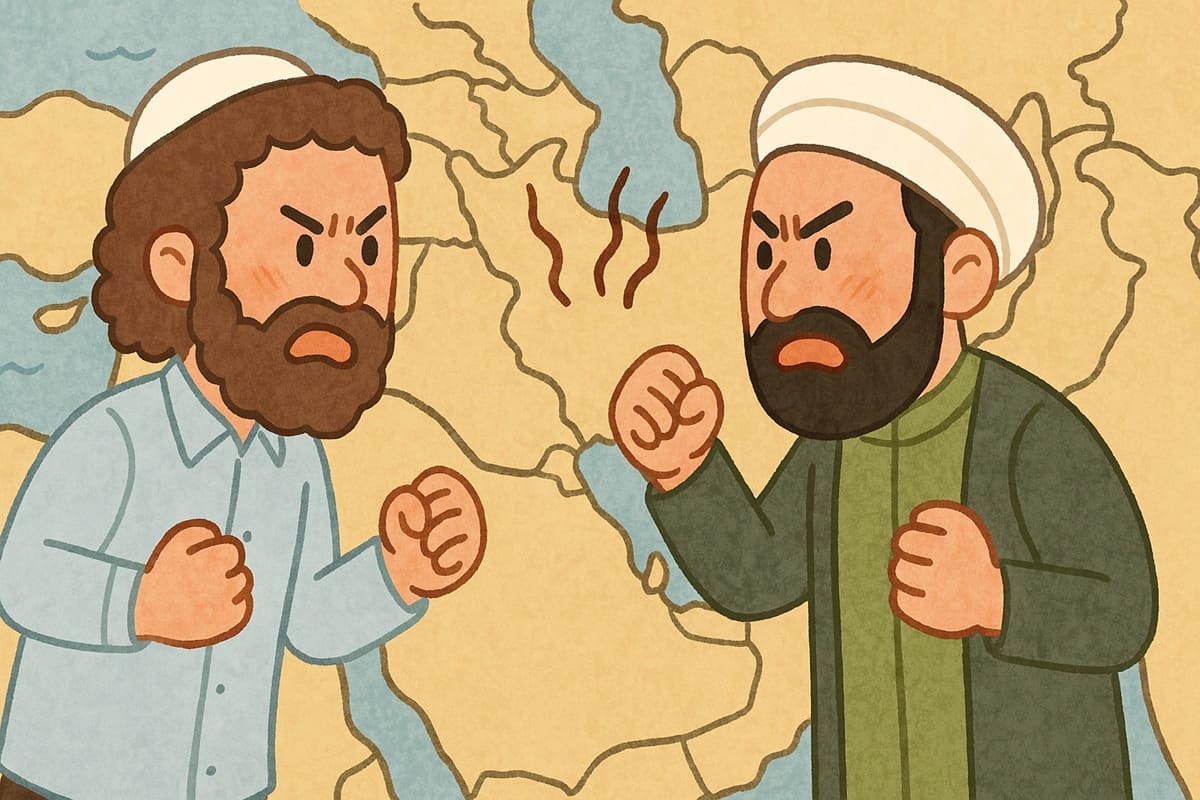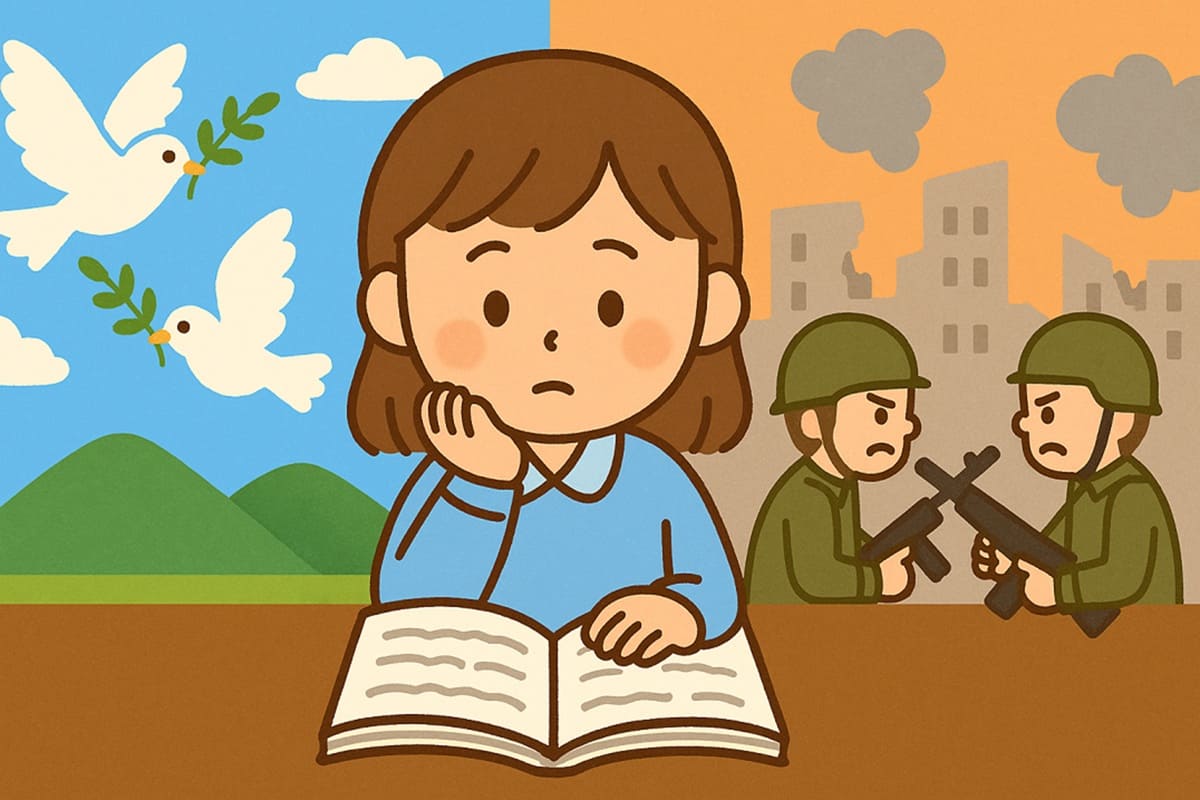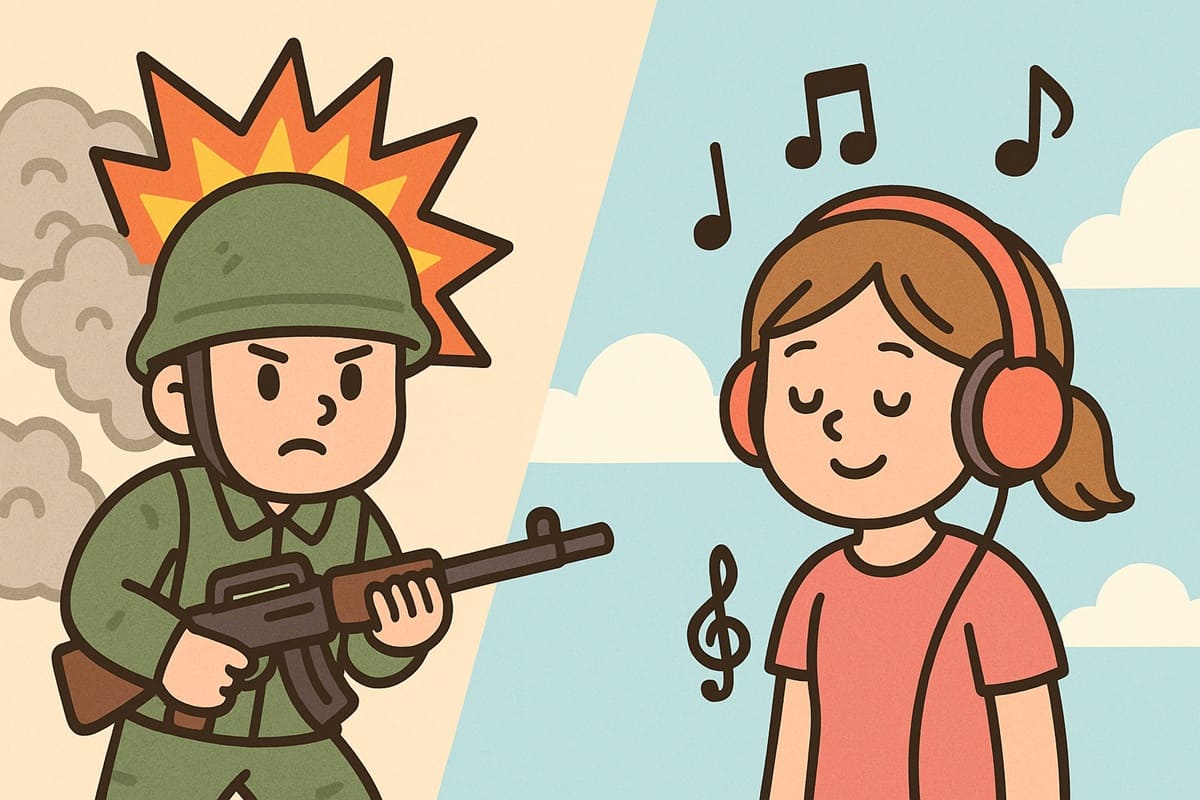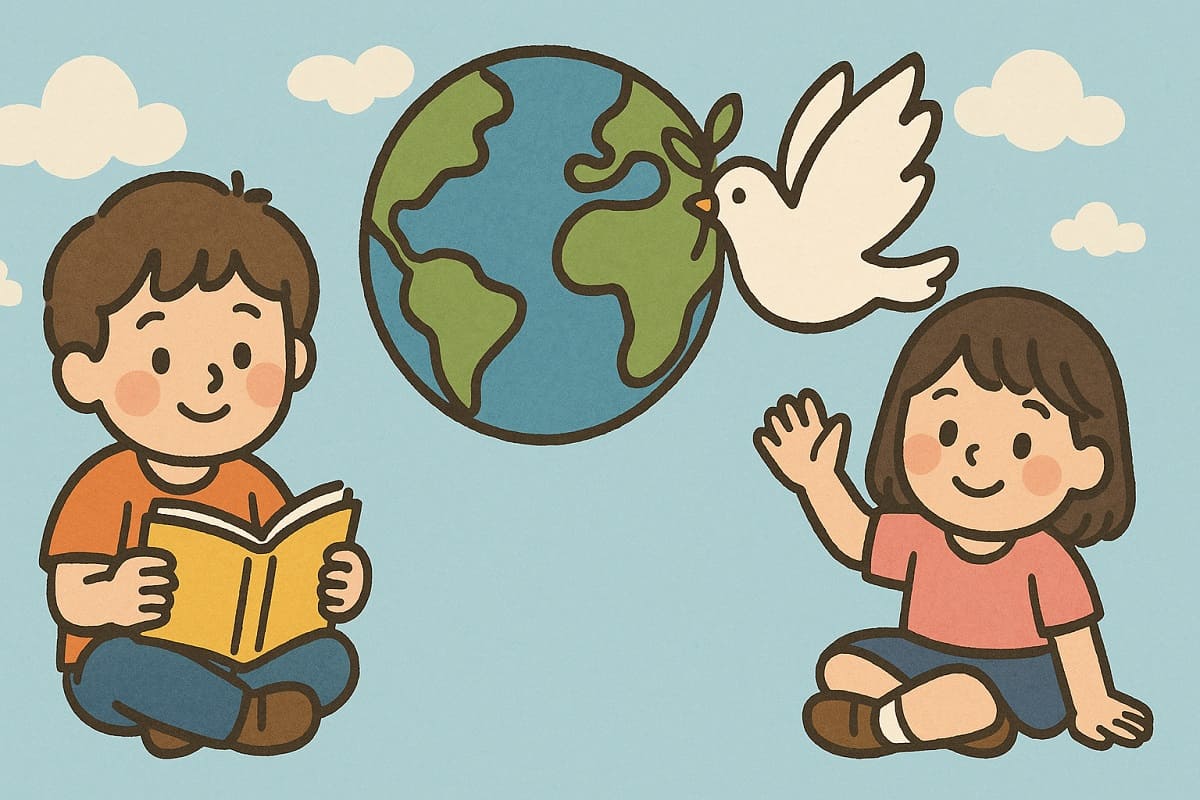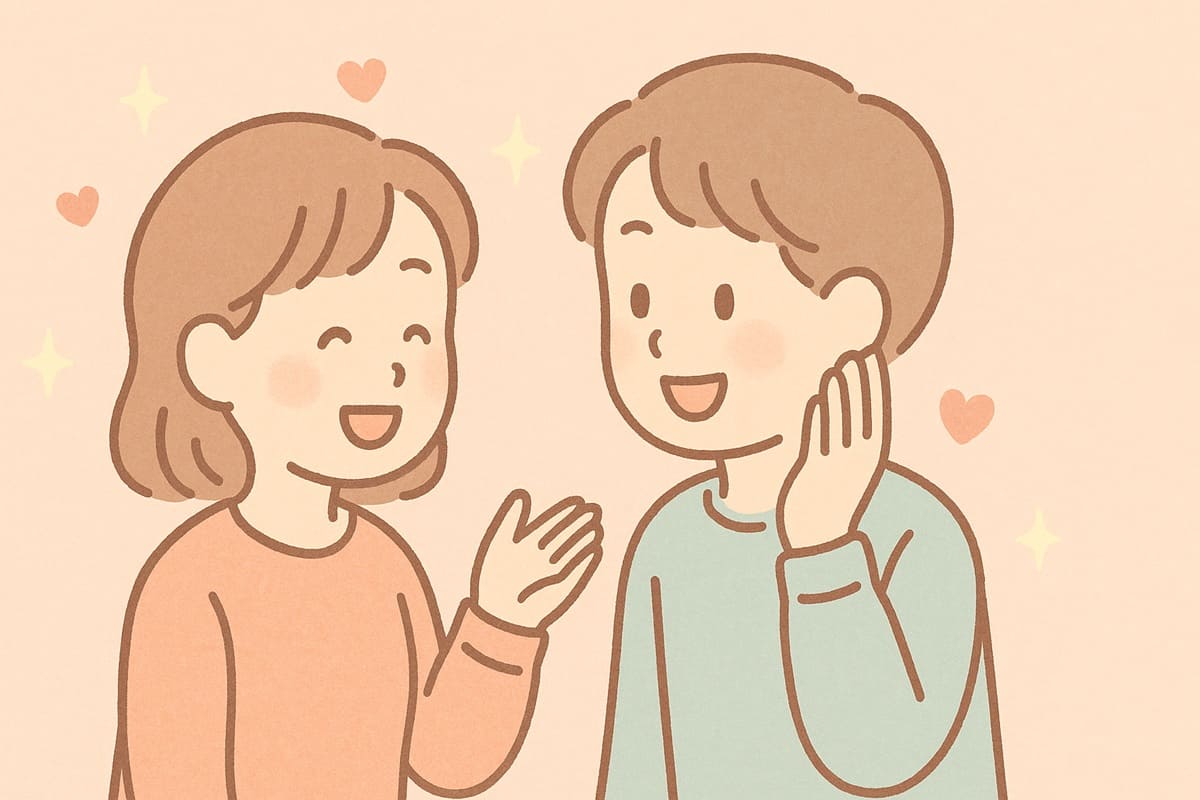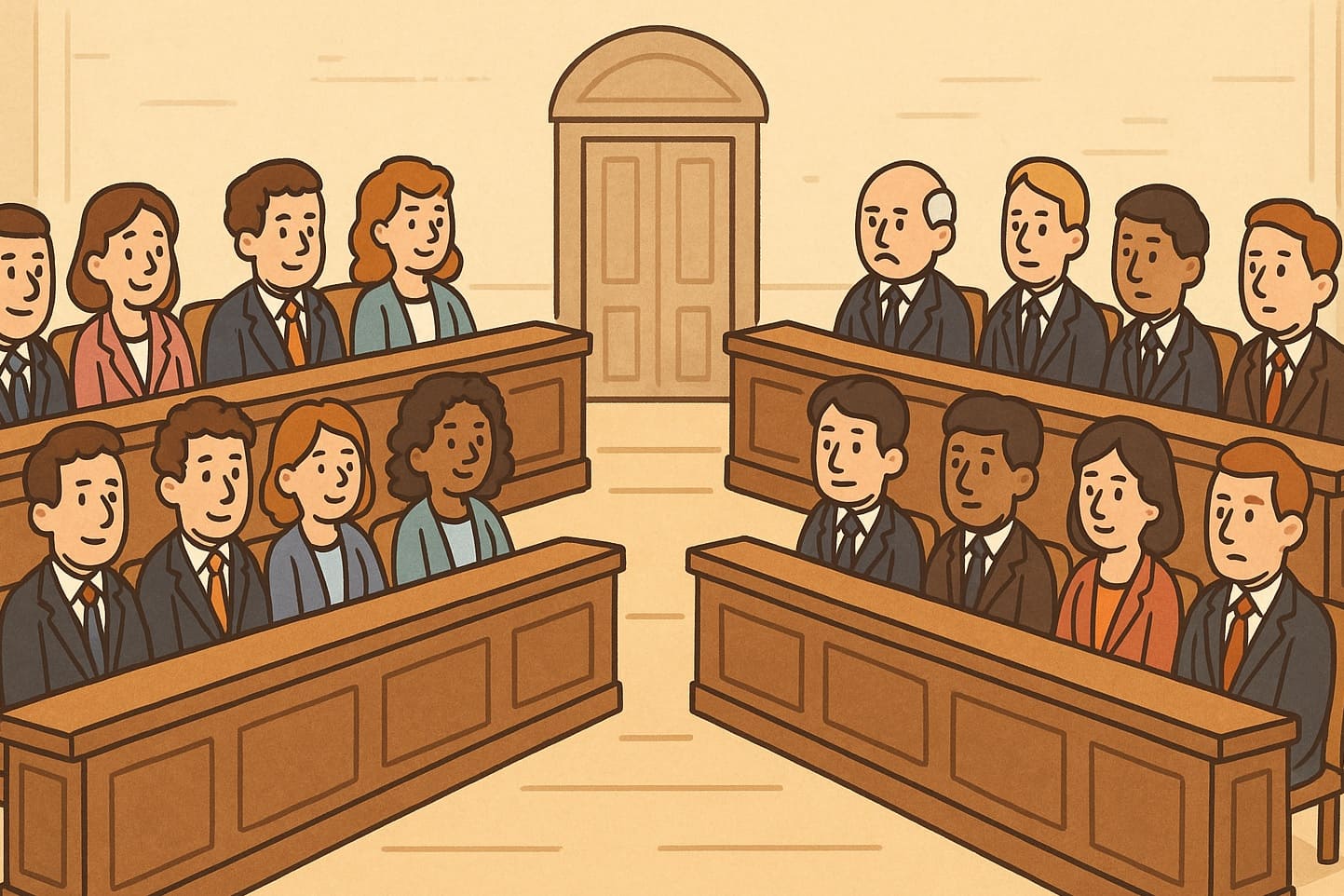How Can You Make Up After a Fight with a Friend?
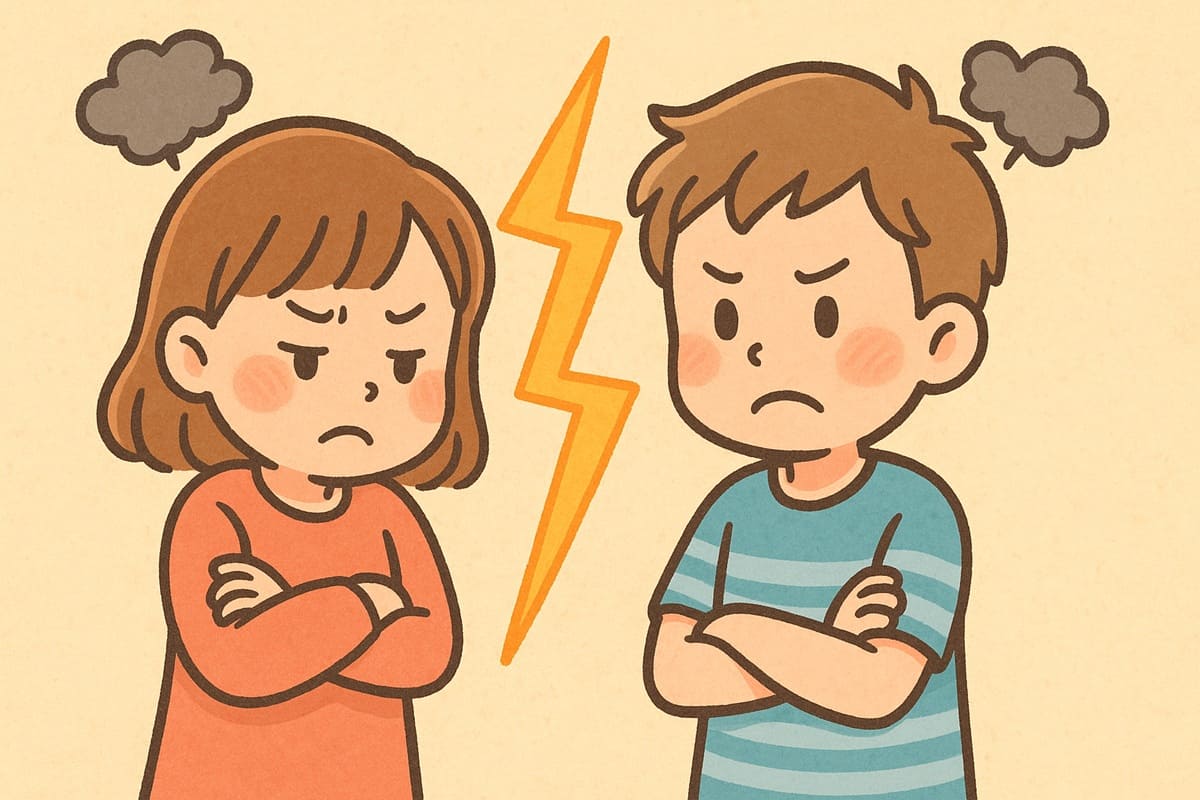
“I had a fight with my best friend yesterday…” “I know I was partly to blame, but it feels frustrating to be the one to apologize…”
Have you ever had thoughts like this?
No matter how close you are with a friend, there may be times when you clash over opinions or a careless comment leads to a fight. But what matters most is how you act afterwards—whether your friendship becomes even stronger, or falls apart.
In this article, we’ll explain in simple terms—based on psychological research and real-life examples—what you can do to make up after a fight with a friend. And in the end, we’ll share the most important message: why taking the first step to apologize really matters.
What Happens If You Leave a Fight Unresolved?
One thing you should know is this: just waiting for time to pass doesn’t always lead to reconciliation. Sure, your anger may calm down after a while. But if you’re still stuck thinking, “Why didn’t they apologize back then?” that lingering feeling can create distance between you over time.
What’s even worse is when both sides think, “I don’t want to reach out first,” or “Let’s wait until they talk to me.” If that happens, you’ll both keep missing the perfect moment to make up.
Why Do We End Up Fighting?
There are many causes of conflict, but psychology tells us that we often get really angry when we feel “the other person doesn’t understand how I feel.”
For example:
- You felt mocked about something important to you
- You made a joke but accidentally hurt them
- They didn’t keep a promise you were counting on
Even if neither person meant any harm, misunderstandings can quickly turn into fights.
And once you start thinking, “They’re totally in the wrong! I didn’t do anything wrong!” it becomes much harder to reconcile.
The Incredible Power of “I’m Sorry”
So, how can we repair the relationship?
The answer is simple: take the first step and apologize.
You might think, “But I wasn’t really that wrong…”
Still, psychological studies show that apologizing has real power.
For instance:
- An apology helps calm the other person’s anger
- It shows you care about the relationship
- It makes the other person more willing to forgive
Apologizing isn’t just about “admitting you were wrong.”
It’s actually a show of strength—the courage to be honest and vulnerable because you value the relationship.
How Should You Apologize?
Now that you understand the importance of apologizing, you might be wondering, “How exactly should I say sorry?”
Here are a few helpful tips.
1. Use Your Own Words
Sending a message is fine, but if possible, meet in person and say it yourself—even if it’s short. For example:
“I said too much yesterday. I’m sorry.”
“I might’ve hurt your feelings. I’m really sorry.”
The most important thing is to speak honestly from the heart.
2. Don’t Make Excuses
If you say, “Well, you did it too…” right away, your apology may lose its meaning.
Focus only on your own actions and take responsibility for them.
3. Acknowledge Their Feelings
When you apologize, say something like, “I know I made you feel bad.”
That shows empathy and makes your sincerity come across more clearly.
Saying Sorry Isn’t “Losing”
Some people feel like, “If I apologize first, it’s like I lost…”
But that’s a misunderstanding.
In fact, the person who apologizes first is often seen as mature and respectful of the relationship.
And many people on the receiving end feel grateful: “I’m glad they said sorry.”
Psychological experiments even show that people who receive a sincere apology tend to trust the other person more than before.
Making Up Can Make You Even Closer
Here’s one more important truth.
When you have a proper apology and make up after a fight, your relationship can actually grow deeper than before.
That’s because, after expressing your feelings and working through conflict, you come to understand each other better—and you begin to care even more.
So, “We fought = it’s over” isn’t true.
If you can make up, your friendship can become even stronger than before.
Conclusion: Be Brave—Apologize First
When you fight with a friend, apologizing first is incredibly important.
It’s not a sign of weakness—it’s a sign of strength and love for the relationship.
It might be hard to say. But by being the one to say “I’m sorry,” you may open the other person’s heart.
And that step could be the very first step toward making up.
Even if you fight, that doesn’t mean the friendship is over.
If you have the courage to apologize, you’ll find yourselves smiling together again someday.
Main References
- de Waal, F. (2000). Chimpanzee politics: Power and sex among apes. Johns Hopkins University Press.
- Ohtsubo, Y., & Watanabe, E. (2009). Do sincere apologies need to be costly? Social Psychological and Personality Science, 1(2), 123–131.
- McCullough, M. E., Worthington, E. L., & Rachal, K. C. (1997). Interpersonal forgiving in close relationships. Journal of Personality and Social Psychology, 73(2), 321–336.
- Rusbult, C. E., et al. (2005). Forgiveness, betrayal, and sacrifice in close relationships: An interdependence analysis. Advances in Experimental Social Psychology, 37, 229–276.
- Darby, B. W., & Schlenker, B. R. (1982). Children’s reactions to apologies. Journal of Personality and Social Psychology, 43(4), 742–753.
